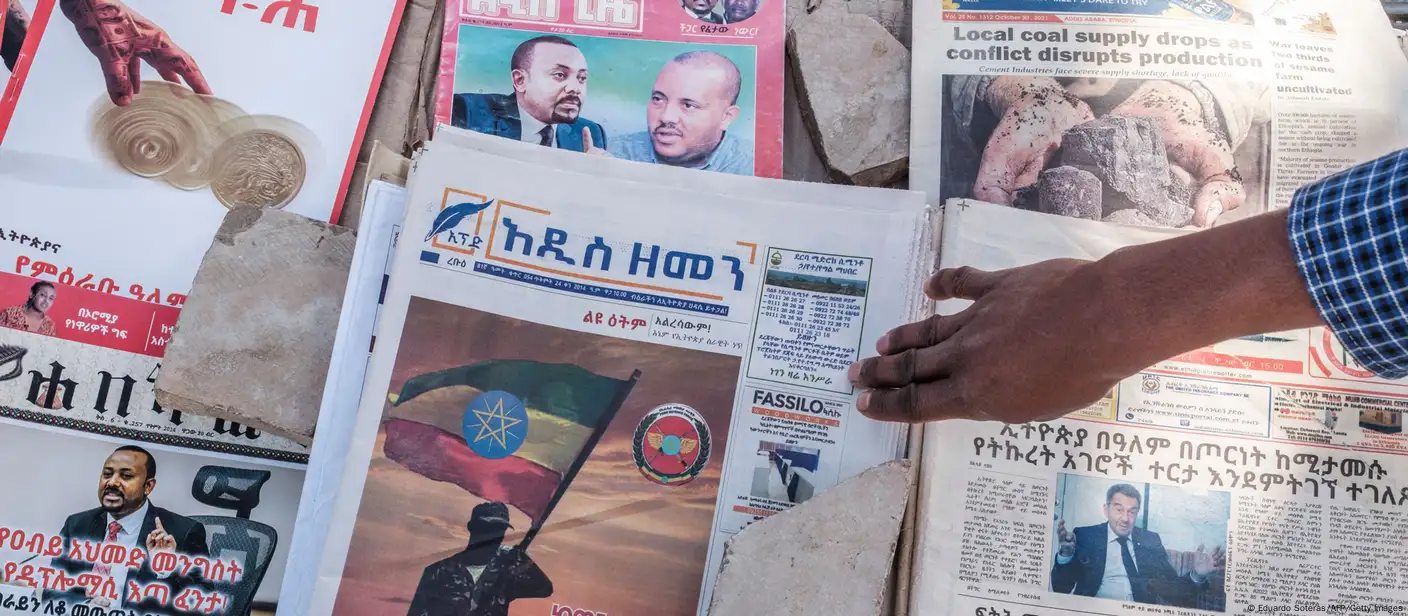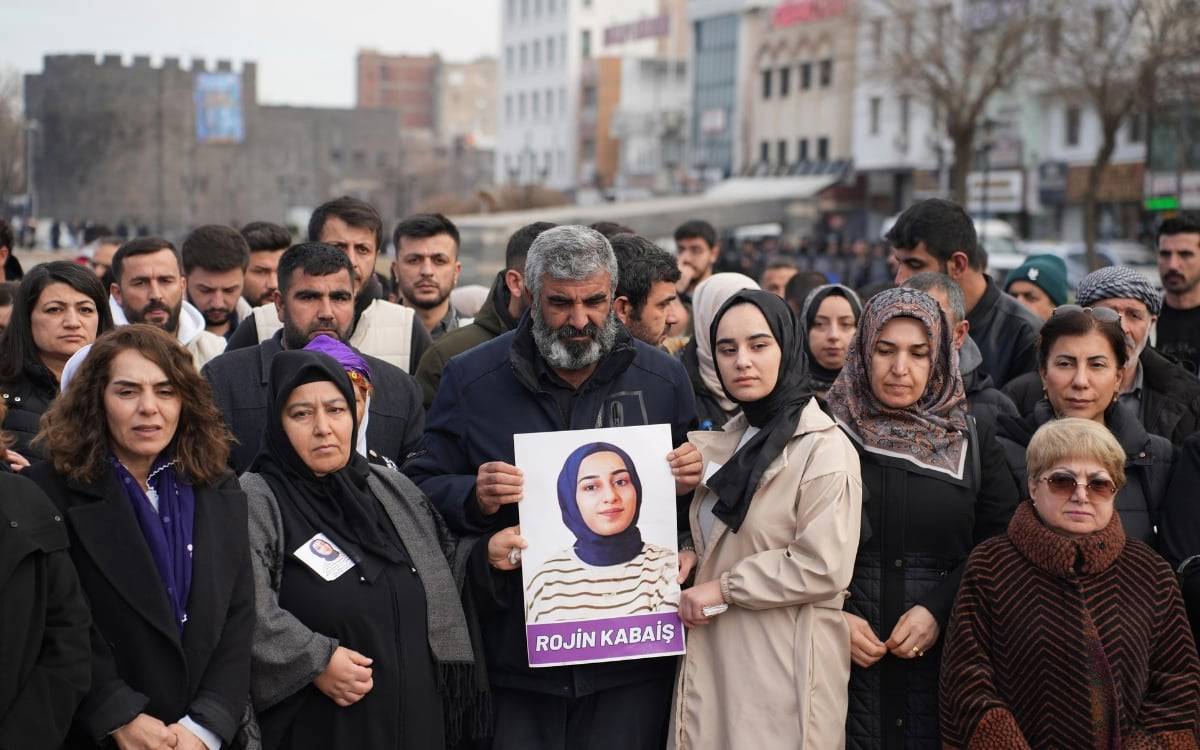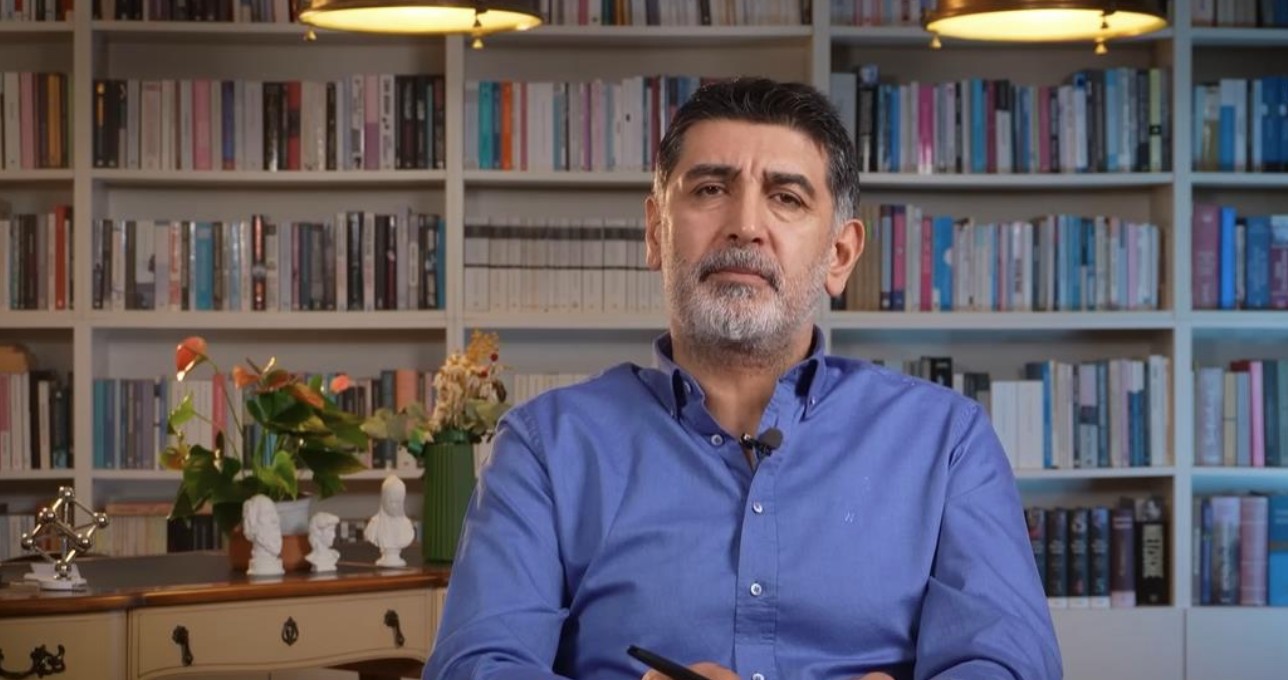
Ethiopian Authority Halts Licences of Deutsche Welleʾs Local Correspondents
October 24, 2025
Release of Afghan Journalist Highlights Pressure on Refugee Reporters
October 24, 2025October 24, 2025 – Turkey –
Turkish authorities have opened investigations into several journalists covering the suspicious death of university student Rojin Kabaiş and blocked access to related media reports, raising serious concerns about press freedom and transparency. Kabaiş, a 21-year-old student at Yüzüncü Yıl University in Van, disappeared on 27 September 2024, and her body was found 18 days later on the shore of Lake Van. Her death was initially ruled a suicide, but subsequent forensic work revealed DNA traces from two different men on her body, including one inside the vaginal area and one on her chest — findings that further fuel suspicion of sexual assault.
Authorities have responded to the outcry by initiating proceedings against at least five journalists, including Öznur Değer and Dilan Babat from pro-Kurdish media outlets, accusing them of publicly disseminating “misleading information” when they reported on or shared social-media posts about Kabaiş’s case. In addition, social-media accounts of journalists Kadir Cesur and Ruşen Takva were suspended, and access to a news report on the Kurdish website Amed Times was blocked.
The handling of both Kabaiş’s death and the press-coverage crackdown is drawing criticism from rights groups who say the twin actions of obstructing investigation and suppressing journalism violate basic accountability and transparency standards. The refusal of the ruling parties, Justice and Development Party (AKP) and Nationalist Movement Party (MHP), to support a parliamentary inquiry into the death added to fears that the case is being buried rather than properly investigated.
Journalists and civil-society actors argue that when authorities probe reporters who attempt to inform the public about potentially criminal state or societal instances, the effect is chilling. The case of Rojin Kabaiş illustrates how a singular unexplained death can become a broader indicator of systemic risk to media freedom. The message, critics say, is clear: covering cases the state finds sensitive may trigger legal or regulatory retaliation. Without swift, impartial investigation and the restoration of open journalism, the demands for truth in this case may never be met.
Reference –
Turkey investigates journalists, blocks access to reports on suspicious death of female student
Turkey investigates journalists, blocks access to reports on suspicious death of female student




